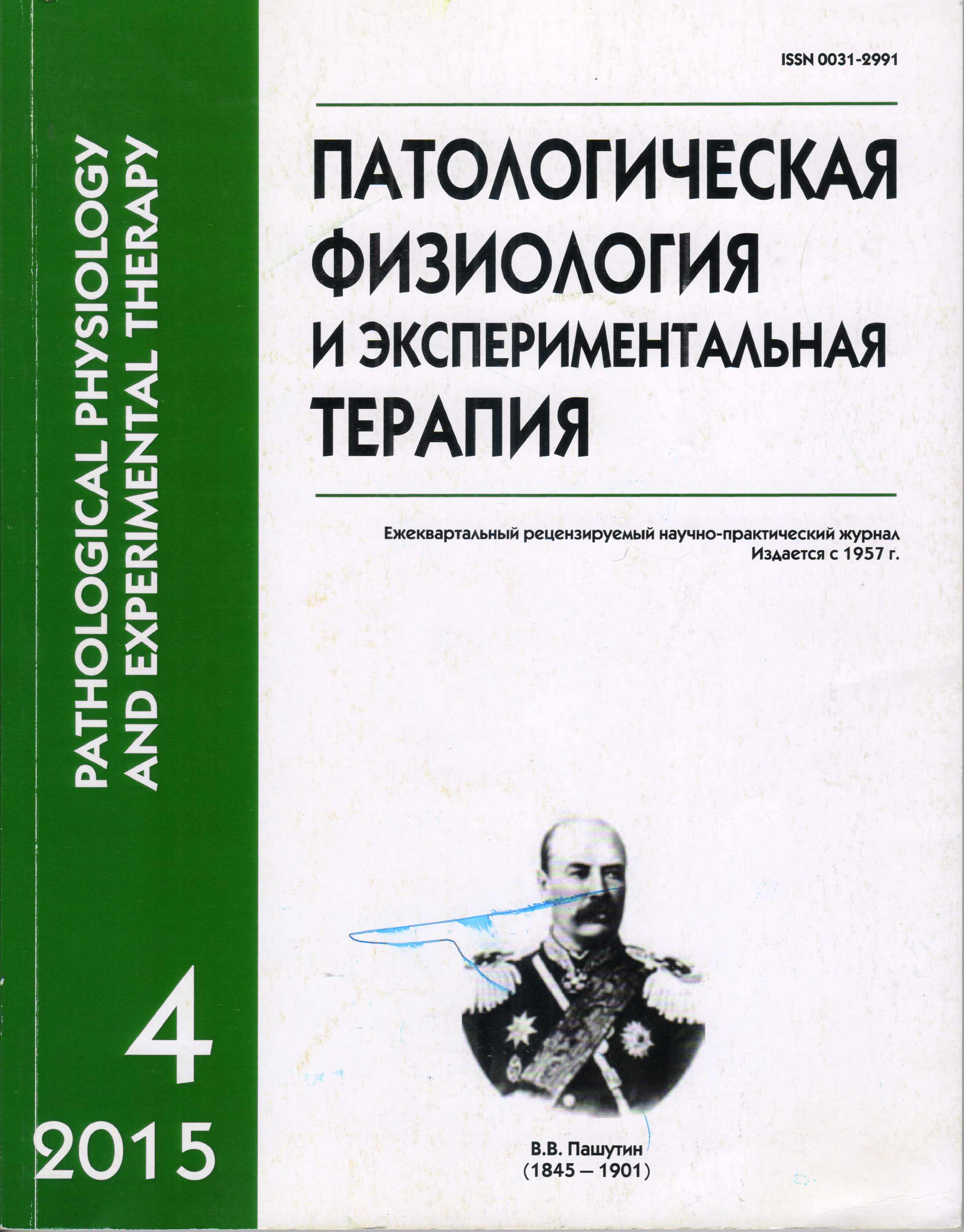Emotional stress as a clinical model to study the pathogenesis of the initial phase of the general adaptation syndrome
Keywords:
general adaptation syndrome, stress, endotoxin, inflammation.
Abstract
Introduction: general adaptation syndrome (gas), the basis of the development of which is stress phenomenon, is an essential component of the pathogenesis of many diseases and syndromes. However, the pathogenesis of GAS hitherto is considered exclusively from the endocrinological viewpoint. This relates primarily to the initial phase of the GAS, a clinical model for the study of which may be psycho-emotional stress (PES), which we studied using three groups of volunteers. Methods: the first one consists of 25 students who were waiting for unaccustomed physical activity (17 men) and play debut on the stage (8 women). The second group consists of 48 children (2-14 years) who expected for "planned" surgery. The third group of volunteers is made up of 80 students (41 women and 39 men) during the first exam. The concentration of cortisol, endotoxin (ET), the activity of antiendotoxin immunity (AEI) and the haemostatic system parameters were determined in the blood serum of volunteers in various combinations. Results: we found laboratory evidence for pes at 92% of students of the first group, 58% of children of the second one and in 21% of students of the third group of volunteers (mostly women). The concentration of ET increased at 13 (52%) volunteers of the first group with a significant increase of average indicators in the whole group (from 0,84 ± 0,06 to 1,19 ± 0,04 EU / ml). At children of the second group, the average concentration of ET increased even more significantly (from 0,42 ±0,02 to 1,63 ±0,11 EU / ml), which was accompanied by the activation of the hemostasis system. A degree of the activation was directly dependent on the level of ET in the general circulation and on an activity of AEI. Examination stress in the third group of volunteers is accompanied by activation of plasma hemostasis (increased initial thrombosis rate and reduced the time it starts, lag-period) in 26% of female students and 15% of male students. Conclusion: we suggest that it is possible to use the pes as a clinical model for studying the initial phase of the gas, examine the role of excess of intestinal et in the general blood circulation (endotoxin aggression) in the induction of systemic inflammation, which is very likely participated in the initiation of the gas.Downloads
Download data is not yet available.
Published
21-12-2015
How to Cite
Anikhovskaya I. A., Dvoenosov V. G., Zhdanov R. I., Koubatiev A. A., Mayskiy I. A., Markelova M. M., Meshkov M. V., Oparina O. N., Salakhov I. M., Yakovlev M. Y. Emotional stress as a clinical model to study the pathogenesis of the initial phase of the general adaptation syndrome // Patologicheskaya Fiziologiya i Eksperimental’naya Terapiya (Pathological physiology and experimental therapy). 2015. VOL. 59. № 4. PP. 87–92.
Issue
Section
Original research






